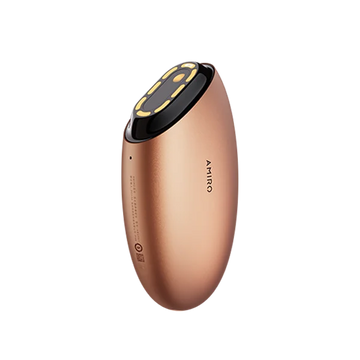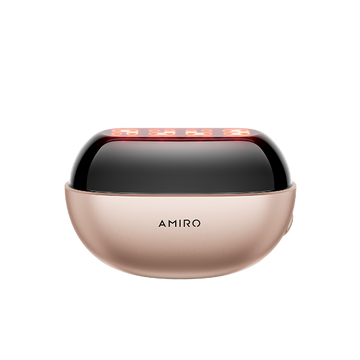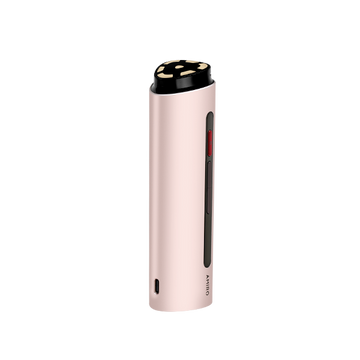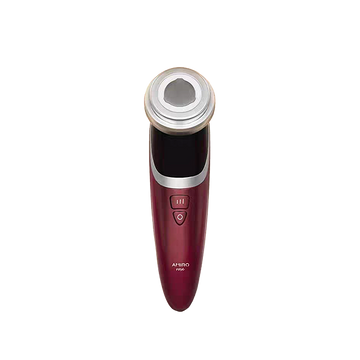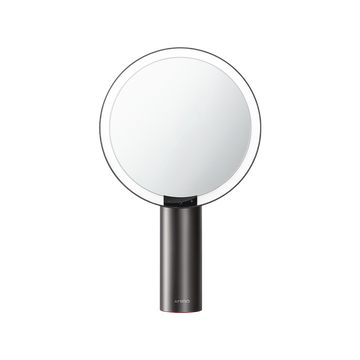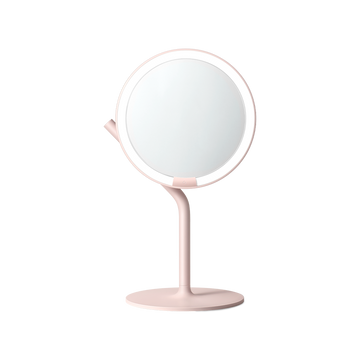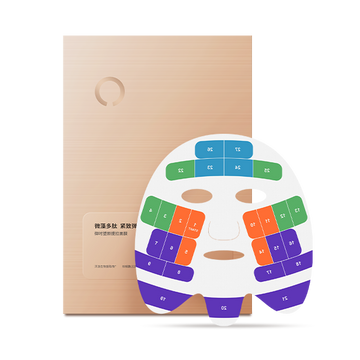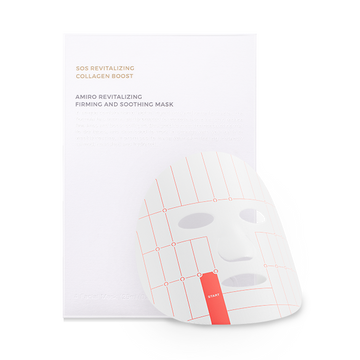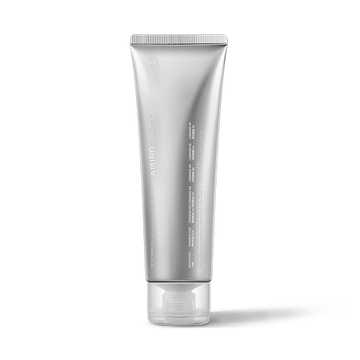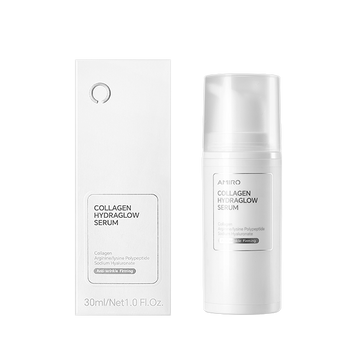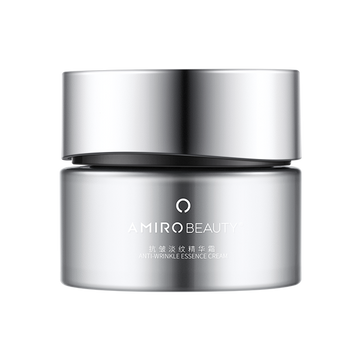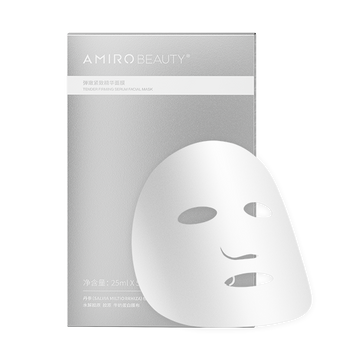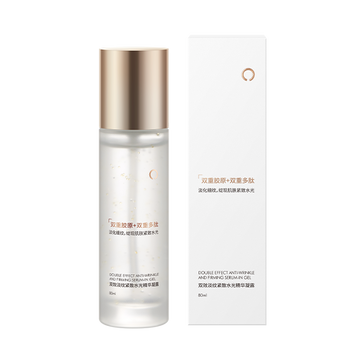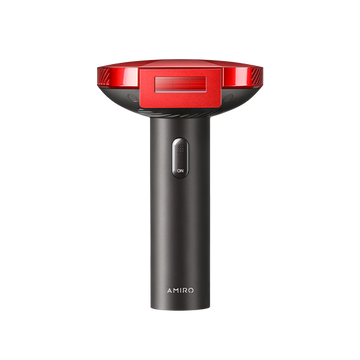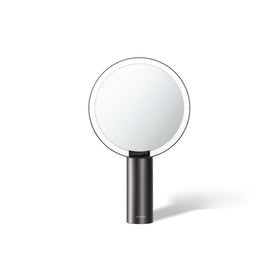How to Care for Sensitive Skin
Navigation
- What is sensitive skin?
- What triggers sensitive skin?
- Types of sensitive skin
- How to tell if we have sensitive skin?
- How to take care of sensitive skin?
- Conclusion
Welcome to Amiro, our best friends!
Sensitive skin is one of the most common skin concerns that you may have heard repeatedly. In fact, sensitive skin is troubling millions of people worldwide, for it can cause discomfort, irritation, and even pain. You might have caught yourself wondering whether you have it. But you still don't know what sensitive skin is and how to deal with it. If it is the case with you, you are in the right place. In this article, We will guide you through everything you need to know about sensitive skin and tell you how how to identify and take care of sensitive skin with the right products or devices.
What is sensitive skin?
Sensitive skin is not a medical condition but a skin problem characterized by our skin that is easily irritated, inflamed, or itchy. It can occur in people of all ages and skin types and is triggered by genetics, weakened skin barrier, environmental changes, chemicals, skin care products, and lifestyle choices.

What triggers sensitive skin?
Sensitive skin can occur in people of all ages and skin types and is triggered by genetics, weakened skin barriers, environmental changes, chemicals, skin care products, and lifestyle choices.
Types of sensitive skin
Based on the causes of sensitive skin, there are four types of sensitive skin in general:
- Naturally sensitive skin: This one is gene-determined and is often associated with inflammatory skin diseases like eczema, rosacea, and psoriasis.
- Environmentally sensitive skin: As the name suggests, this form of sensitivity is brought on by your surroundings. Anything that comes into touches with your skin, such as sun exposure, cigarette smoke, or air pollution, could cause it to become stinging and irritated.
- Reactive skin: This type becomes red and inflamed by skin-care products, resulting in very red, warm, and irritated skin
- Thin skin: Thin skin is a concern that also comes with age as collagen and elastin naturally start to decline.
How to tell if we have sensitive skin?
You probably have sensitive skin if you're wary of using new skincare products or discover that you frequently struggle with red, flaky, itchy, or bumpy skin. And even if you've never had sensitive skin, it's possible that over time, your skin type could turn sensitive.
How to take care of sensitive skin?
#1 Use gentle products: Look for skincare products that are specifically designed for sensitive skin. These products are formulated with gentle ingredients that won't irritate or inflame the skin. Such ingredients may include niacinamide, also known as vitamin B3, which can nourish skin barriers. Ceramides and occlusive moisturizers (like Vaseline and Aquaphor) work to close up microscopic skin crevices and restore the skin's protective barrier.
#2 Avoid irritants: Try to avoid everything that may irritate your skin.
#3 Moisturize regularly: Sensitive skin is often dry, so it's essential to keep the skin hydrated. Look for moisturizers that contain hydrating ingredients like hyaluronic acid or glycerin.
#4 Manage stress: Stress can cause skin reactions, so it's essential to manage stress levels. Try relaxation techniques like yoga or meditation to help reduce stress.
#5 Opt for At-Home Light Therapy: Experience the benefits of a versatile LED Light Therapy Facial Mask, offering four light wavelengths that penetrate various skin layers for comprehensive care. Achieve noticeable results in just 7 days with 3 modes designed to address acne, reduce inflammation, minimize melanin buildup, stimulate collagen growth, and tighten skin. This innovative facial mask is carefully designed to protect your eyes with its light-blocking feature and accommodate sensitive skin with its gentle, high-powered LEDs. Elevate your skincare routine and tackle sensitive skin issues effectively and efficiently.

Conclusion
Sensitive skin varies widely from person to person, in terms of causes, symptoms and treatment options. If you have sensitive skin, it's important to take a gentle, non-irritating approach to skincare, and to avoid products and ingredients that may cause irritation. It is strongly recommended that AMIRO L1 LED Light Therapy Facial Mask should be included in your daily skincare routine, for it not only is friendly to your sensitive skin but also serves well to treat your sensitive skin by boosting collagen production and tightening the skin. If you put your trust in me, we will not let you down.





